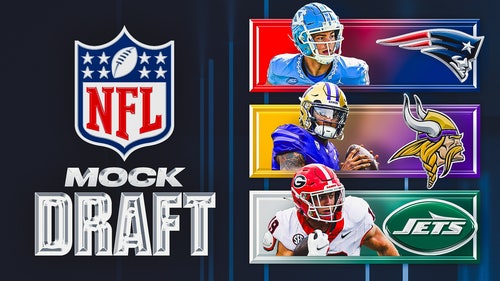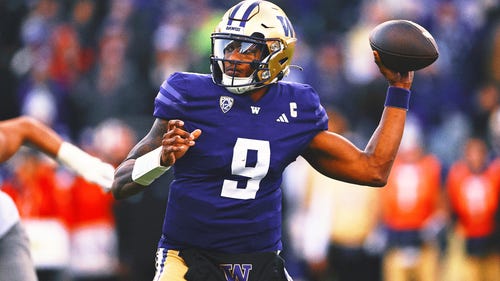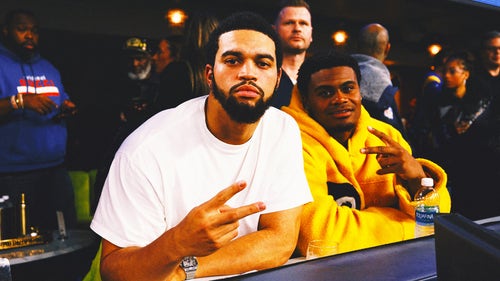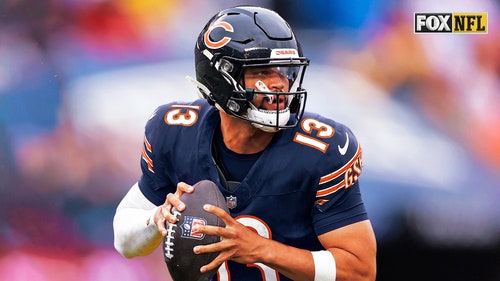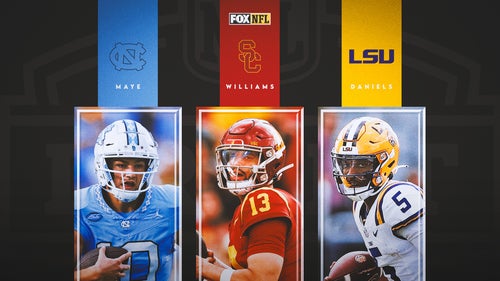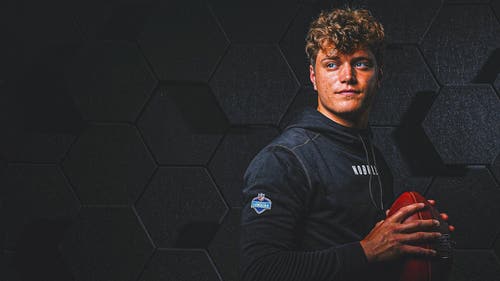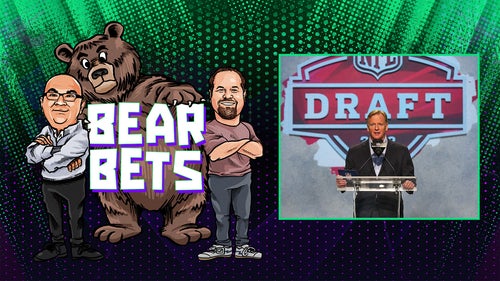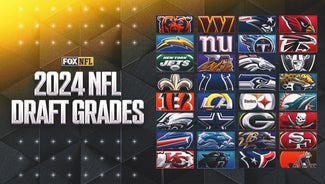
NFL faces dilemma over rash of DUIs
A four-game suspension is mandatory punishment for any NFL player testing positive for a performance-enhancing drug like steroids for the first time.
Should the same zero-tolerance policy apply to the league’s first-time DUI offenders?
The arrests of eight different NFL players on said charges in 2012 have pushed that question and the league’s alcohol policies back into the mainstream media spotlight.
According to U-T San Diego’s online database for NFL player arrests, more have been charged with driving under the influence through the first six months of this year than in all of 2011 (seven). The increase becomes more alarming when considering that all present and former players have access to a low-cost ride service that will even transport their vehicle home if necessary.
New York Giants left tackle David Diehl provided the latest blotch on the NFL’s ballyhooed shield. A police report said Diehl blew .18 on a Breathalyzer — which is more than double the state’s legal limit — after crashing into uninhabited parked cars Sunday in a Queens, NY neighborhood.
Diehl has since provided a textbook example of how to properly handle a post-DUI situation. He apologized for his actions and for putting his teammates in an uncomfortable position by having to answer media questions about the incident.
“The refreshing thing you saw from David Diehl is his willingness to stand up and recognize the mistake he made, admit to it and wanting to move on,” NFL Players Association executive George Atallah said. “I think that’s the type of leadership and example you want to see from someone who made a mistake of any kind frankly, not just on this one issue.”
That doesn’t lessen the bad decision Diehl made or minimize the subsequent fallout.
Diehl has joined the 2012 DUI ranks of San Francisco defensive end Aldon Smith, Denver running back Knowshon Moreno, Minnesota fullback Jerome Felton, Oakland wide receiver Darius Heyward-Bey, Detroit defensive tackle Nick Fairley, Washington safety Brandon Meriweather and Jacksonville wide receiver Justin Blackmon.
Blackmon’s arrest was the doozy of them all. Fresh off being the No. 5 overall pick in April’s draft, Blackmon did what he vowed would never happen again — getting popped for DUI after being arrested on the same charge while attending Oklahoma State University in 2010.
Blackmon now faces an aggravated DUI count after clocking a .24 blood-alcohol level earlier this month in Stillwater, OK. To put that in perspective, a person weighing 215 lbs like Blackmon would have to consume roughly 14 drinks over a five-hour period to reach that level of inebriation.
Besides having to issue a public apology and likely having less money guaranteed in his still-unsigned rookie contract, Blackmon may very well face the embarrassment of being suspended for his first NFL game. Because of his college DUI history — Blackmon was stopped driving 92 miles per hour when returning to Stillwater from a Monday night Dallas Cowboys home game — he is susceptible to that type of punishment under the league’s Collective Bargaining Agreement.
Fairley also could receive an NFL suspension as a repeat offender. Besides the DUI charge, Fairley was arrested in April for marijuana possession.
As for the others arrested for DUI, it appears they will not miss any playing time based upon the rules of the league’s collectively bargained substance-abuse policy.
The NFL wants that to change.
NFL senior vice president Adolpho Birch confirmed a ProFootballTalk.com report that the league would like to stiffen its DUI policy but faces resistance from the NFL Players Association.
“We’re really trying to step up that level of (player) discipline,” said Birch, who claims the NFLPA has rebuffed such attempts for several years. “We think that suspension is important to send the right deterrent effect.”
A first-time offender must undergo a medical evaluation to determine whether the player should undergo rehabilitative treatment and possible testing “for substances of abuse.” But absent what the policy describes as “aggravating circumstances,” discipline for a first DUI offense is “generally” a fine of as much as two game checks totaling no more than $50,000.
Under commissioner Roger Goodell’s purview, the NFL can levy stiffer DUI-related sanctions to its coaches and employees who fall outside the NFLPA’s auspices. For example, Lions president Tom Lewand received a 30-day suspension and $100,000 fine for a July 2011 DUI arrest.
Goodell also sent a member to all team members -- players and staff -- about the dangers of driving while impaired recently, according to CBS Sports.
Atallah said the NFLPA’s stance is “not a matter of (being) willing or unwilling to change” but falls into a bigger context of how CBA amendments are negotiated. The collaborative process prevents the league from tweaking the labor pact without union approval.
“These are issues that are very serious and worth examining just like issues we bring up with the league,” Atallah said. “It’s not something that we’re necessarily close to right now.
“We’ve got the agreement we have from 2010 that we worked with the league to amend before the (player) lockout was enacted (in 2011). We’re sticking to that right now. They know the channels they need to take if they want something changed.”
The NFL and NFLPA do agree that a culture change is needed to help dissuade further DUI incidents. Both sides stage a variety of outreach programs that begin with college prospects before the NFL draft is held. Atallah said the NFLPA contacts player agents “so they understand” the ramifications if their clients run afoul of the law.
MADD (Mothers Against Drunk Driving) will have a presence at the upcoming rookie symposium in Aurora, Ohio that requires attendance from all draft picks. Every team also annually holds seminars on drug and alcohol matters for rookies and veterans through its player development department.
DUI arrests have continued to happen anyway.
Adding to the frustration of both the NFL and NFLPA is the failing of what is known as the safe-ride program. A current or former player can prearrange transportation or receive it while in a potentially at-risk situation — and have their own vehicle taken home to boot — by calling a 24-hour telephone number.
The initiative began in 2006 under the NFL’s auspices but its administration shifted to the NFLPA in 2009 largely because of player concerns that teams could glean information about their personal lives that could be used against them in contract negotiations. The current Player Transportation Link provided by Corporate Security Solutions, Inc. provides 100 percent confidentiality.
The cost of the service is $85 an hour. Considering the financial standing of the eight players arrested on DUI charges this year, money wasn’t a deterrent to its use. Six were first-round picks who became millionaires before ever taking an NFL snap. Diehl and Felton are veterans who have earned into seven-figures during their NFL careers.
Atallah said the Player Transportation Link “has been used” by NFLPA members this year “but obviously, as we’ve seen, eight fewer times” than it should have.
“We have done a good job of providing our members with the information about this service,” Atallah said. “It goes back to personal responsibility and accountability.”
Birch, though, believes “safe rides” would be used more if awareness was increased.
“I think part of the problem is we had a service where everyone knew what it was and what number to dial. When the system changed, perhaps it was not as publicized as it should have been,” said Birch, who oversees the NFL’s drug-testing program. “Over time, I think it fell out of use. That’s probably where we are now. We’re still trying, though.”
Among future initiatives: Having players and coaching staffs participate in “victim-impact” panels involving MADD members as well as “ride-alongs” with local law-enforcement officials to DUI checkpoints.
Atallah astutely points out that there is no “magic bullet” that would permanently solve DUIs in the NFL, let alone society — where the arrest rate is greater than among non-players of the same age and demographic background. But that’s not going to stop NFL and NFLPA efforts to prevent a repeat of 2012.
“We’re trying to drive home the message that this is something that has to be dealt with prior to getting into your vehicle and beginning your night,” Birch said. “You have to get all this established and understand what your plan of action is going to be to avoid a problem.”
Otherwise, that “problem” may someday result in an automatic suspension just like for a first failed steroid test.
Adolpho Birch and George Atallah were interviewed by Alex Marvez and co-host Jim Miller on SiriusXM NFL Radio.






































































































































